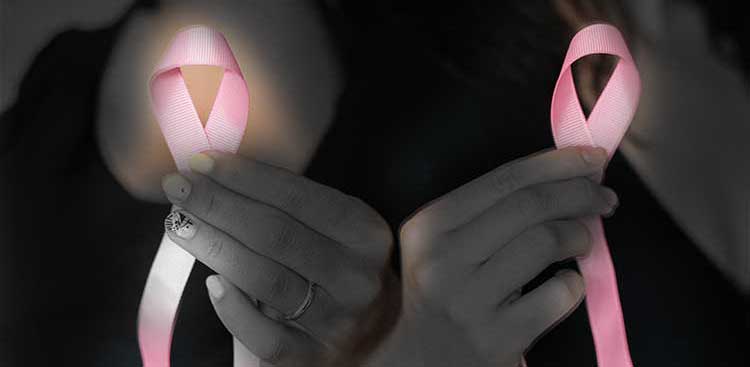Cancer Epidemiology
-
Dr Kelly HIrko
Alcohol consumption patterns and young-onset breast cancer
The goal of this project is to examine whether alcohol intake patterns across the life course is associated with young-onset breast cancer diagnosis, and to assess potential heterogeneity in associations by race and socioeconomic position. This project uses data from the Young Women’s Health History Study, including women diagnosed with breast cancer before the age of 50 years from the Detroit, Michigan and Los Angeles county’s Surveillance, Epidemiology and End Results (SEER) database. This project is led by Dr. Kelly Hirko in collaboration with the Young Women’s Health History Study team.
Dermal lymphatic invasion and prognosis in inflammatory breast cancer
The goal of this project is to evaluate whether the presence of dermal lymphatic invasion on skin biopsy is associated with survival and time to recurrence in inflammatory breast cancer. Utilizing the Inflammatory Breast Cancer registry at the Dana Farber Cancer Institute, this project will enhance our understanding of biologic mechanisms in inflammatory breast cancer progression, which can lead to targeted interventions to improve clinical outcomes. This project is led by Dr. Kelly Hirko in collaboration with a team of clinicians at Dana Farber Cancer Institute.
Defining rurality in the context of cancer disparities
In this study, we seek to describe cancer risk factors and screening behavior across various rural-urban classification codes to inform our understanding of cancer disparities across the rural to urban continuum. Using multiple national datasets describing county-level data across the U.S., this analysis will contribute to our understanding of the underpinnings of rural cancer disparities. This project is led by Dr. Kelly Hirko in collaboration with a national team of behavioral researchers focused on cancer prevention and control.
Geospatial analysis of breast cancer risk factors in Northern Michigan
The goal of this project is to characterize underlying factors contributing to the high breast cancer incidence in Grand Traverse County. Using geographic information systems, we are assessing the geographic distribution of breast cancer cases in Grand Traverse county in relation to agriculturally-zoned land and are incorporating county-level data to examine the prevalence of known breast cancer risk factors in the region which may contribute to the elevated breast cancer burden. This community-driven research is led by Dr. Kelly Hirko.
Machine learning to predict cancer screening in rural and urban populations.
This study aims to compare model performances of a random forest model to multiple regression in identifying predictors of cancer screening behaviors across urban and rural U.S. counties. Using multiple national datasets, Dr. Hirko is collaborating with a team of biostatisticians and epidemiologists at the University of Rochester and the M.D. Anderson Cancer Center on this project.


